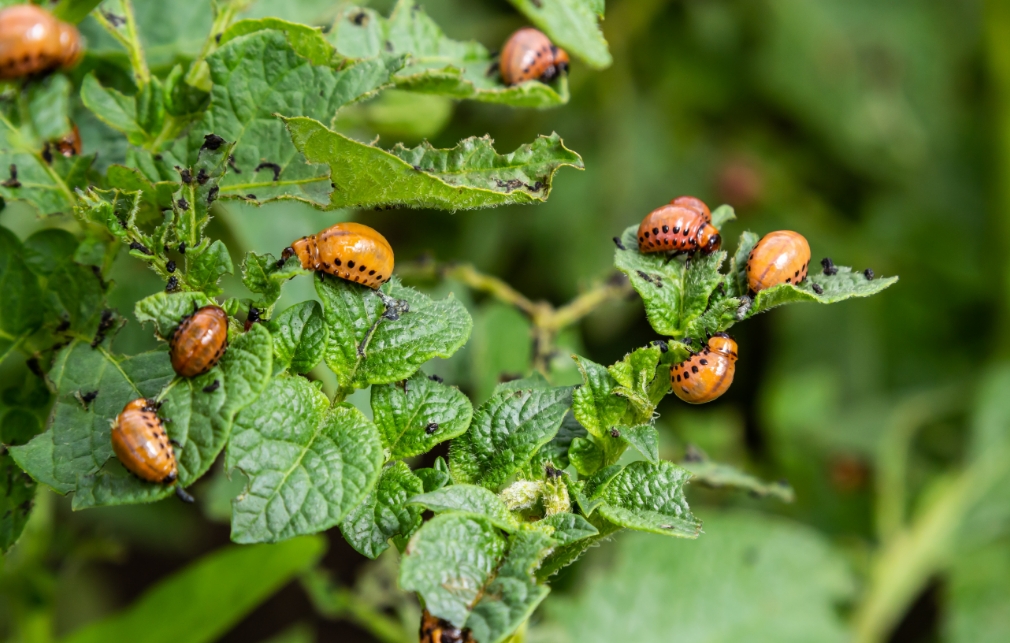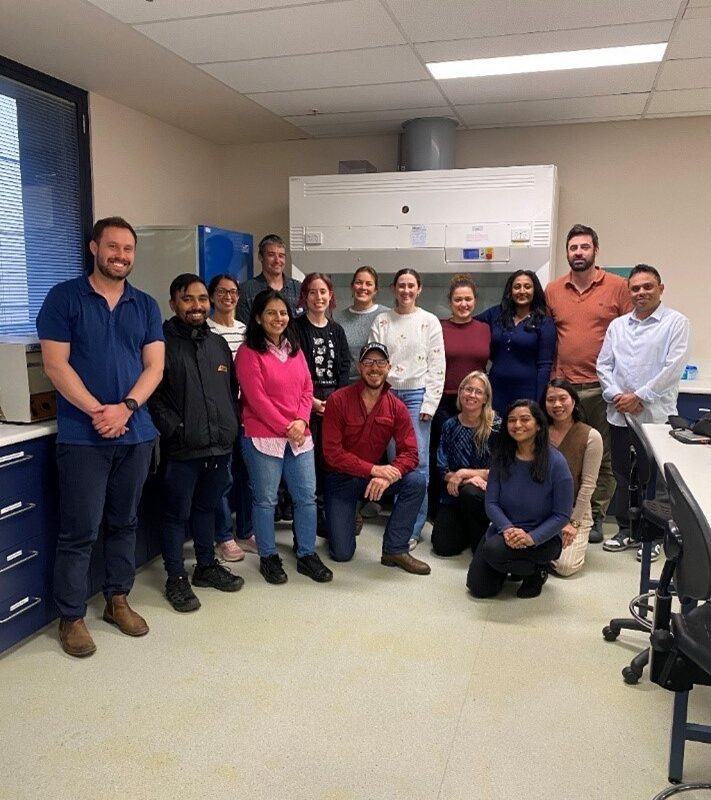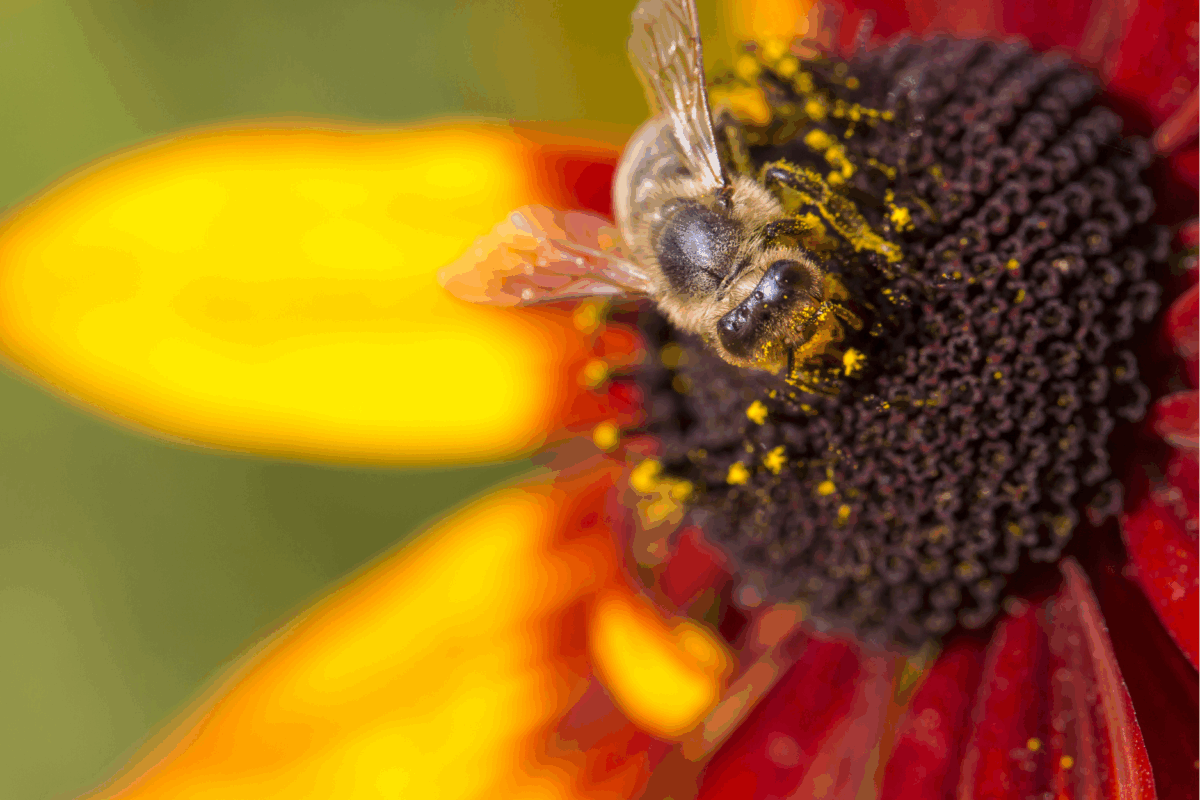Safeguarding our forests

On National Tree Day (28 July 2019) Plant Health Australia highlighted the importance of safeguarding our native, plantation and urban forests from overseas pests.
Australian forests are free from many significant pests that impact production and trade overseas. While Australia has a comprehensive biosecurity system, protecting forests from exotic pests remains a continual challenge due to global travel and trade that increases the likelihood of exotic pest spread into Australia.
If we do nothing to slow or stop the spread of these pests, we risk losing our iconic native trees and habitats, having to pay more for the production of timber, and potentially importing more timber from overseas. New pests can also impact trees lining our city streets and in our parks and gardens.
Surveillance of our forest is vital for early detection of these new and emerging pests.
A National Forest Pest Surveillance Program is being established to safeguard our forests through a funding partnership between the Department of Agriculture and the Australian Forest Products Association.
Plant Health Australia is leading the process of setting up the national program through the National Forest Biosecurity Coordinator Paco Tovar.
He describes the program as one which will take a coordinated risk-based approach to managing biosecurity threats to Australia’s forests.
“Existing surveillance and interception data together with other information will be used to model and identify highest risk sites for entry and establishment of exotic pests,” explained Paco.
“We can then target surveillance at these high-risk sites such as ports, airports, import facilities, botanic gardens and tourist attractions to maximise our chance of detecting and eradicating exotic pests.”
“The program will also help with proving areas are free of a pest and making sure that diagnostic support to identify the surveillance samples is available.”
He said that he is currently engaging a range of stakeholders from industry and government to get their perspectives on the proposed program by holding a forum in each state and territory.
“We have already held meetings in Adelaide and Perth, and we are currently organising forums throughout the rest of the country during August and September,” said Paco.
“Our goal is to consult with stakeholders before a national forum at the end of the year.”
These forums will bring everyone together to give them the opportunity to learn about the program, provide feedback about the proposed program, and identify possible funding and personnel.
This initiative is funded from the Australian Government’s Agricultural Competitiveness White Paper, the government’s plan for stronger farmers and a stronger economy.





